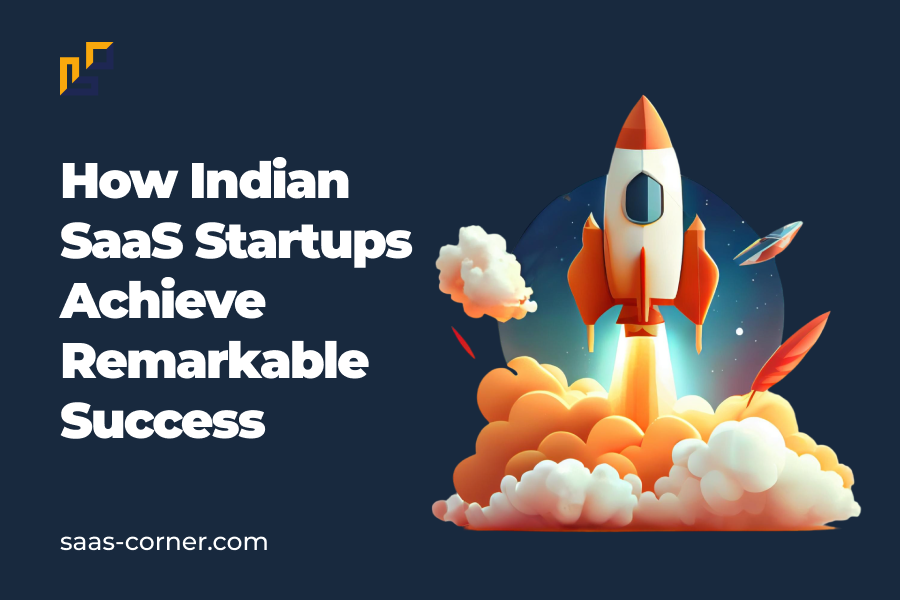Table of Contents
Introduction
In the highly competitive landscape of Software as a Service (SaaS) startups, Indian entrepreneurs are defying traditional market norms and achieving remarkable success. Despite operating in a conservative market, these innovative companies are setting liberal growth targets and reshaping the industry. This article delves into the strategies employed by Indian SaaS startups to flourish in a conservative market, offering valuable insights into their growth potential and the impact they are making.
The Rise of Indian SaaS Startups
India has emerged as a hub for technological innovation, boasting a thriving startup ecosystem across various sectors. Within this ecosystem, the SaaS industry has experienced exponential growth in recent years. Indian SaaS startups have capitalized on the availability of skilled talent, a growing customer base, and favorable government policies to create groundbreaking solutions and disrupt global markets.
Embracing Liberal Growth Targets
Indian SaaS startups are known for their audacious aspirations and willingness to dream big. Despite operating in a conservative market, they challenge the status quo and set ambitious growth targets. By pushing boundaries and aiming high, these companies are redefining success in the industry, aiming to achieve remarkable milestones that may seem unattainable to others.
Customer-Centric Approach
The success of Indian SaaS startups can be attributed, in part, to their unwavering focus on customers. These companies prioritize understanding their customers’ pain points and delivering tailored solutions that address their needs. By providing exceptional user experiences and actively incorporating customer feedback into their product iterations, they cultivate long-lasting relationships and foster customer loyalty.
Leveraging Local Insights
Indian SaaS startups have a unique advantage in their deep understanding of the local market. They possess valuable insights into the challenges and requirements of their target audience, allowing them to design products that cater to the specific demands of Indian businesses. This localized approach not only strengthens their competitive edge but also positions them as trusted partners within the industry.
Collaborative Ecosystem
The Indian startup ecosystem thrives on collaboration and knowledge sharing. This collaborative spirit fosters innovation, promotes continuous learning, and enables startups to stay ahead of the curve in a rapidly evolving industry. SaaS startups actively engage with industry experts, mentors, and fellow entrepreneurs, leveraging their collective expertise to accelerate growth.
Importance of Talent Acquisition
In the knowledge-driven world of SaaS, acquiring top talent is vital for success. Indian startups have excelled in attracting and retaining skilled professionals by offering exciting career opportunities, competitive compensation, and a vibrant work culture. They prioritize talent development, providing continuous learning and development opportunities to empower employees to contribute their best.
Building Global Footprints
Indian SaaS startups are not limited to the domestic market alone. Armed with robust technological solutions and a keen understanding of global trends, these companies are expanding their reach to international markets. Through strategic partnerships, leveraging digital platforms, and capitalizing on their innovative solutions, Indian SaaS startups are conquering new territories and establishing a solid global presence.
Conclusion
Indian SaaS startups have shattered barriers and set new precedents in a conservative market. By setting liberal growth targets, embracing a customer-centric approach, leveraging local insights, fostering collaboration, prioritizing talent acquisition, and expanding their global footprints, these companies are driving transformative change in the SaaS industry. Their relentless pursuit of innovation and growth positions them as trailblazers, positively impacting the economy and inspiring future generations of entrepreneurs.


